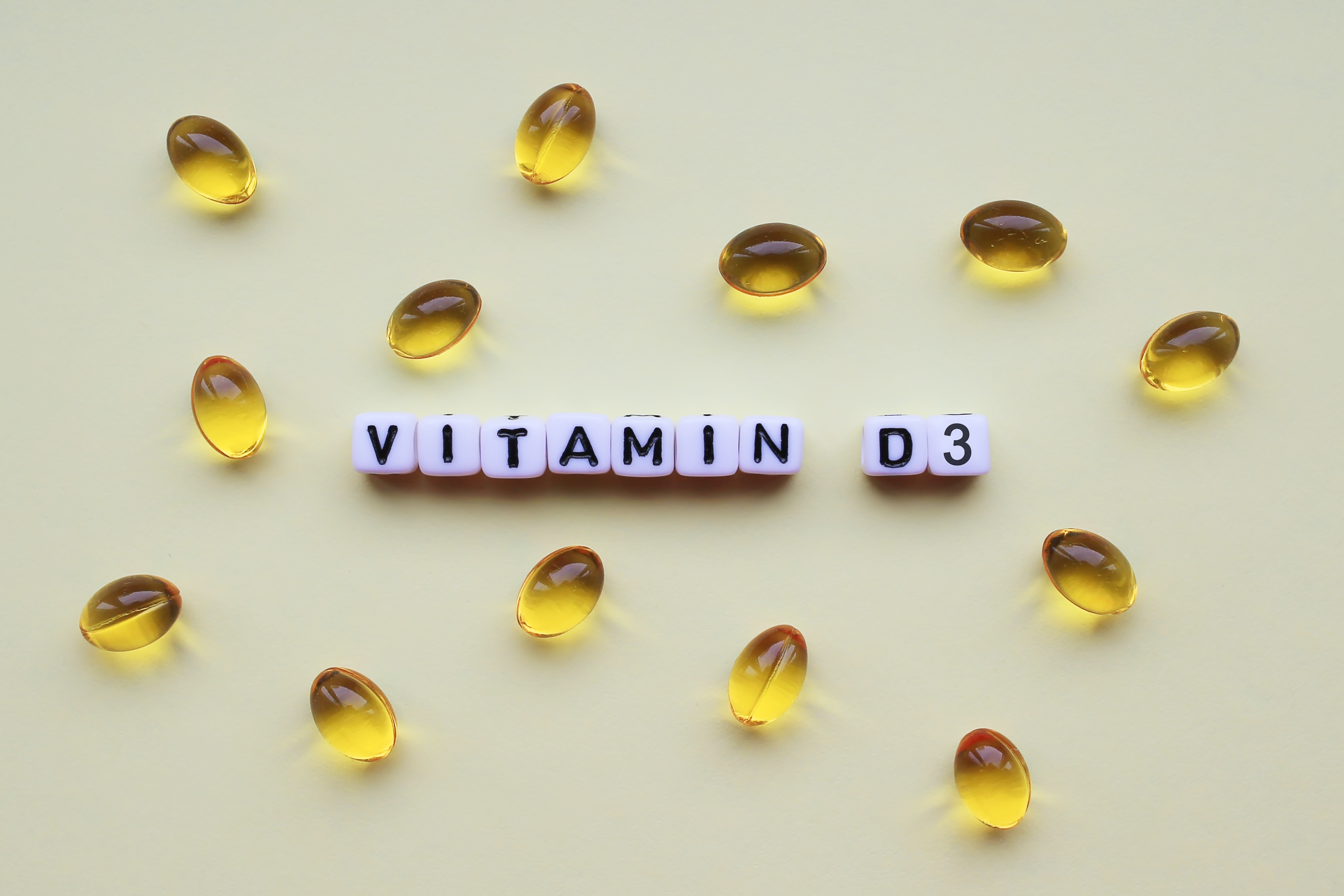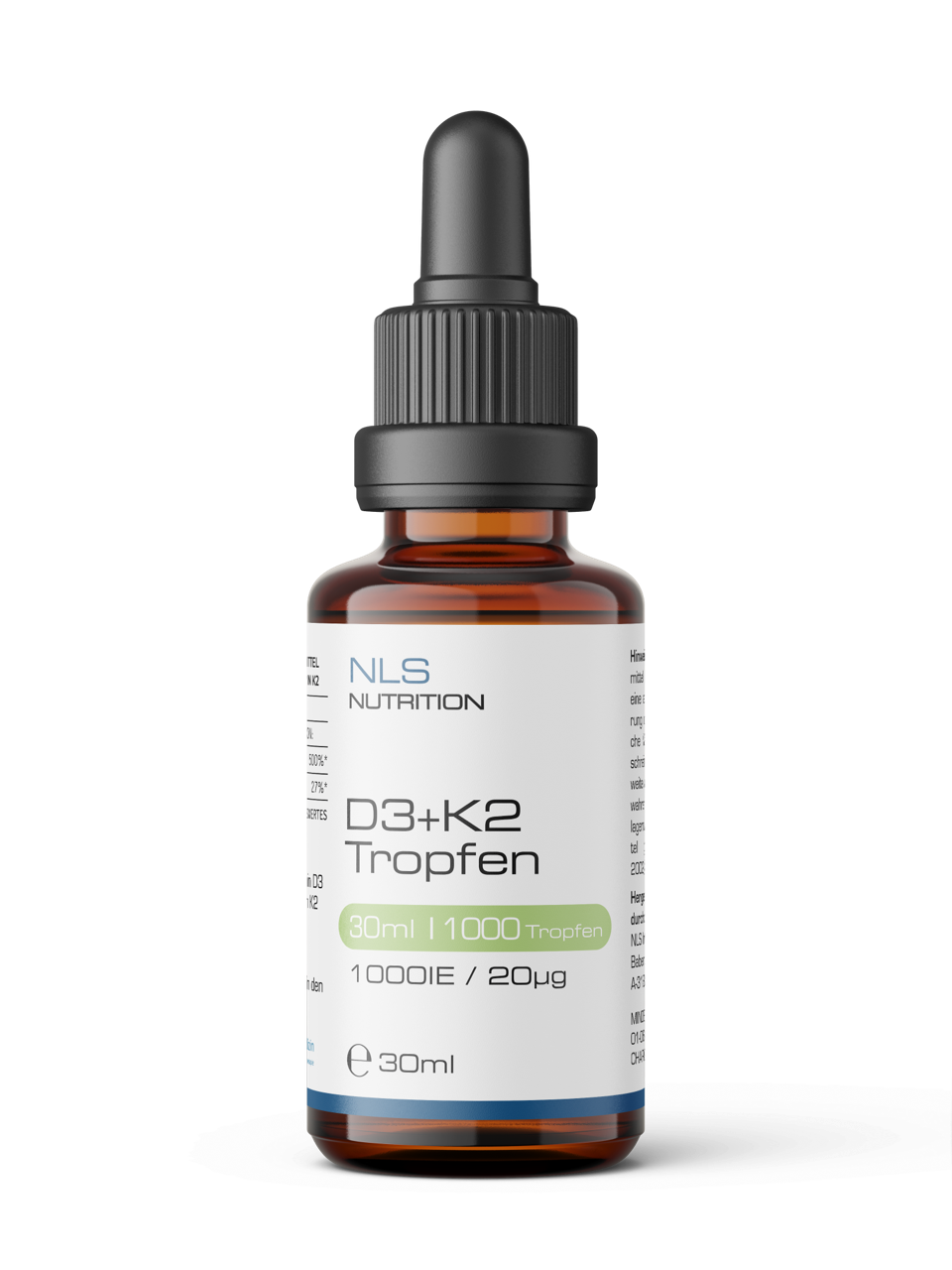
Vitamin D3: A potential ally in cancer therapy
Vitamin
D3, also known as cholecalciferol, plays a crucial role in
our health. It is not only responsible for the regulation of calcium and
phosphate balance in the body, but also has a number of
other important functions, including the modulation of cell growth,
neuromuscular and immune function and the reduction of inflammation.
In recent years, research has found increasing evidence
that vitamin D3 could also be important in cancer therapy. This has led
to intense debate and further research into the role of
vitamin D3 as a potential ally in the fight against cancer.
What is cancer and how does it develop?
Before we dive deeper into the role of vitamin D3, it is important to have a
basic understanding of cancer. Cancer is the umbrella term for
a large group of diseases characterised by the uncontrolled growth and
proliferation of abnormal cells. When these cells
spread, they can damage normal tissue and impair the function of the
body.
There are many factors that can contribute to the development of cancer, including
genetic predispositions, environmental influences and lifestyle habits. The
treatment of cancer is equally complex and can include surgery, radiotherapy,
chemotherapy and targeted therapies.
How does vitamin D3 affect the body?
Vitamin D3 is essential for the body and is absorbed through the skin via
sunlight or through food. In the body, it is first
converted into its active form, calcitriol,
in the liver and then in the kidneys. Calcitriol binds to the vitamin D receptor (VDR), which is present in almost
all body cells and regulates the expression of numerous genes,
which are involved in important bodily functions.
The sunshine vitamin hypothesis and cancer
One hypothesis being discussed in the scientific community is the so-called "sunshine vitamin hypothesis". It states that higher sun exposure and the associated higher vitamin D levels could be associated with a lower risk of certain types of cancer. Studies have shown that people in regions with less sunlight tend to have higher rates of certain types of cancer.
Vitamin D3 and its potential role in cancer therapy
Research on vitamin D3 and cancer is diverse and includes
epidemiological studies, preclinical studies and clinical trials.
Epidemiological studies have suggested an association between low
vitamin D levels in the blood and an increased risk of certain cancers
.
Preclinical studies have shown that vitamin D3 can inhibit the proliferation and
growth of cancer cells and promote apoptosis (programmed cell death)
. In addition, vitamin D3 appears to promote cell differentiation to
, which means that it may help cancer cells to behave more
like normal cells.
Clinical trials and treatment concepts
Clinical trials are investigating whether the administration of vitamin D3
as part of cancer therapy can lead to better treatment outcomes.
While some studies have shown promising results, the overall
research results are mixed and more extensive
studies are needed to draw more concrete conclusions.
It is important to note that vitamin D3 should not be viewed as a replacement for established
cancer therapies, but potentially as a complementary
measure that could be part of a comprehensive treatment plan.
Safety and dosage of vitamin D3
As with all supplements, it is crucial to consider safety and
the correct dosage. An overdose of vitamin D3 can lead to
health problems, including hypercalcaemia (elevated
calcium levels in the blood), which can increase the risk of heart problems and other
health complications.
It is therefore imperative that patients who have cancer and are considering
vitamin D3 as part of their therapy only do so under the
supervision of a qualified healthcare provider.
Conclusio
To summarise
, research on vitamin D3 and cancer is still in its
infancy, but the evidence to date suggests that
it has the potential to be a valuable ally in cancer therapy.
A balanced diet that ensures adequate vitamin D
intake, along with regular, moderate sun exposure and a
healthy lifestyle, are steps that everyone can take to improve their
chances of staying healthy and potentially aid the effectiveness of
cancer therapies.
However, it is important to always make individual health decisions, especially in
relation to a disease such as cancer, in consultation with a doctor or
oncologist. The science behind vitamin D3 and cancer is
fascinating and it remains to be seen what further discoveries will be made in this
area.

